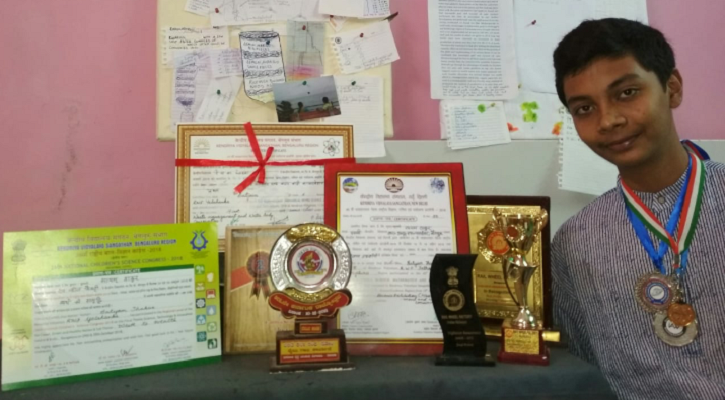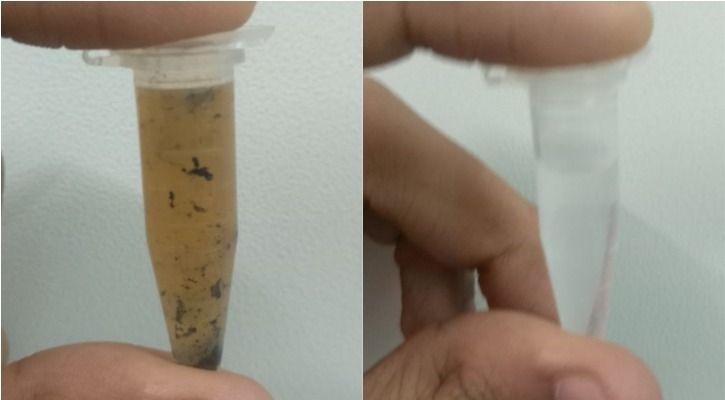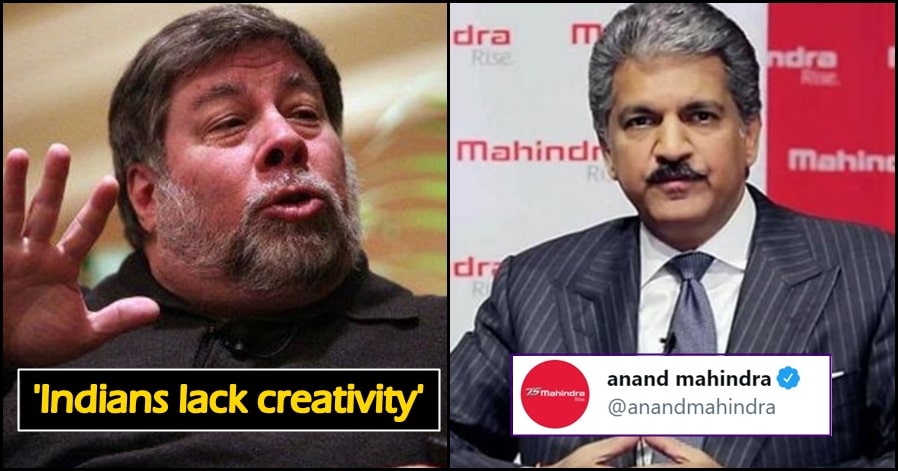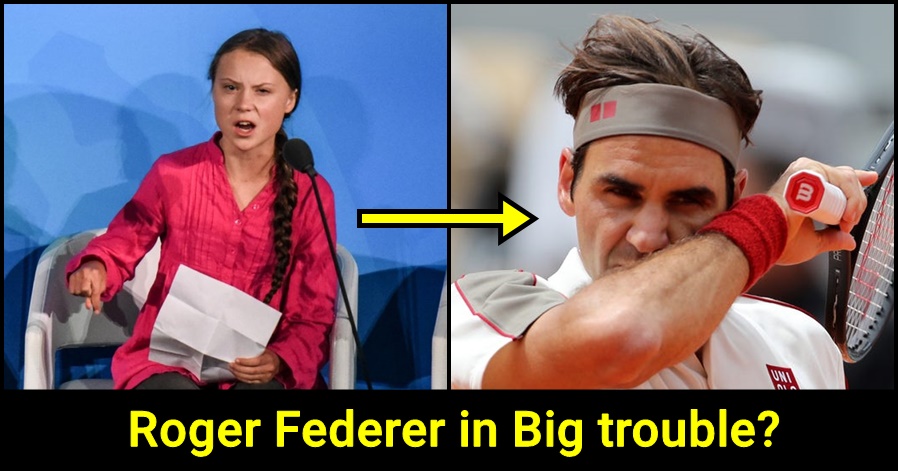No products in the cart.
Meet Satyam Thakur- The boy who is fixing country’s Air Pollution with Clay Pots
Pollution is an undesirable change that adversely affects the well being of plants, animals and human beings. Humans are solely responsible for global climatic change and according to research, human activities led to 70% sea ice loss. The reality is that pollution levels are only increasing day by day.
Even today, living creatures are suffering from extreme heat. Instead of sorting the woes permanently, humans are thinking of a temporary remedy by attaching Airconditioners at homes, offices and other places but this is not going to help them in the future.

Knowing all these, Satyam Thakur, a Class XI student who is living in Bangalore made up his mind to find a solution to put an end to the pollution problem which has been there for so many years. But, he doesn’t yet have the resources to develop a significant solution to the problem. So, for now, he is trying to make small changes by going step by step.
When he was 7, he went on a trip to Delhi with his family. He realised that breathing was hard than usual in national capital. Years later, he came to know that India’s capital was named the most polluted city in the world.
It was when he decided to solve the country’s air pollution nightmare and that too with a cheap cost.
Thakur learnt during his research that chemicals present in clay pots make them excellent absorbers of particulate matter in pollutants. He also designed a new, cheap filter made out of some broken clay pots.

These effective filters can be easily fitted over the chimneys of manufacturing plants, vehicle exhausts, allowing them to absorb most of the pollution in the first place.
“Since clay pots are vital in most of the Indians’ life, at times when these get old and get cracked they become unusable. Since these pots are cooked well before usage these do not break that easily,” Thakur writes in his report.
“This filter is highly eco-friendly as and when after the absorption of the pollutants the filter could be converted into a brick causing no harm to the environment. I made use of the broken clay pots that purify the water and make it drinkable and this filter can also be used in several other polluting endings like the one in vehicles.”
Thakur who is still pursuing his studies in higher secondary school has achieved all his research through zero funding. After all experimentation, his tests of the filters were executed in his school chemistry lab.
By his extensive research and analysis, he has by far been able to test the filter as it absorbs pollutants from water and not air, mainly because he didn’t have much resources to test the output “pure” air after. He also said that the design is not just a prototype as he has managed to affix it and use it with a car’s exhaust.
Thakur ran samples of polluted water through the filter after testing them. As per the experiment, it had contained 73.46 per cent carbon dioxide and 26.54 per cent particulate matter.
However, after filtration, the pollution levels have drastically gone down to just 0.06 particulate matter and 2 per cent carbon dioxide. The amazing part is that they were better water filters than most sold on today’s market, he writes.
Thakur has also submitted his research paper as part of a Google initiative called ‘Science Fair’, which tasks teenagers with developing solutions to fix real-world problems with science, technology, engineering, and math. The Grand Prize winner will be rewarded $50,000 in academic scholarship funding.
This year’s competition attracted around thousands of entries from more than 100 countries. Interestingly, Thakur is now among the final 100 students for the prize.












